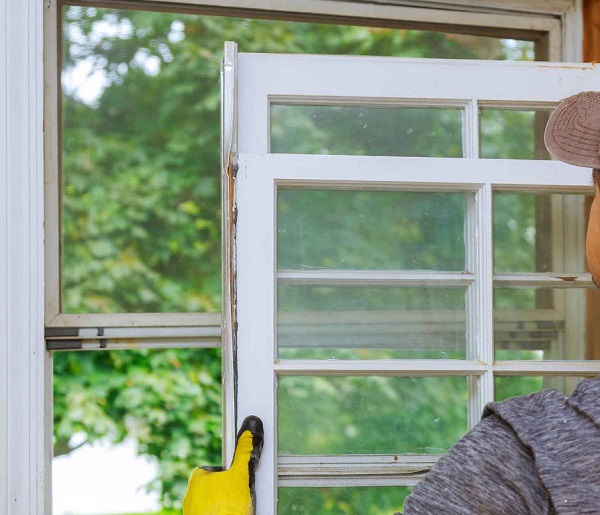
Springtime often brings with it the desire for a fresh start and many homeowners begin to evaluate the state of their home and plan for summer renovations. Although spring is often thought of as the best time of year to buy replacement windows, the actual window installation itself isn’t necessarily seasonal. While there are many factors to consider, particularly in colder climates like the Northeast, window replacement projects can be done all year round.
When should I replace my windows?
If you’ve determined that your windows need to be replaced, we recommend setting up a professional in-home consultation right away to help you evaluate your options. During your consultation, your representative can give you an estimate of how long it will take until you can get your new windows, so you can plan accordingly.
What is the best season to replace your windows?
Winter installations and summer installations offer many similarities, though there are pros and cons to each season, and the process employed in warm versus cold weather can be different. The best window installation professional can help advise you on conditions and considerations for window installation in different seasons. While installation can happen in any season, responsible professionals will take the appropriate steps to help ensure a quality installation in any season. There are pros and cons to window replacement in each season, so which season you decide upon depends upon several factors.
Spring or Summer Replacements

Replacing windows when the weather is warm but not too warm, say in late spring or early summer, has several benefits. If you’re replacing multiple windows, doing so while the weather is warm outside will help keep unwanted cold drafts from entering your home during the project.
If the weather gets too hot, however, extra steps can be taken to prevent excess heat from entering your home. Closing the door to the room where windows are being installed can contain the heat to a small area while the installation takes place, so the rest of the house can be kept cool. Also, in some areas of the country, particularly in the Northeast and Midwest, summer can bring thunderstorms, and foul weather can delay window installations.
Since many people schedule window installations in the warm months of spring and summer, you might want to consider scheduling your project for the colder months to avoid heavy competition with installer availability. Window installers may even offer “off season” deals, making your window replacement slightly more affordable.
Fall or Winter Replacements

Though installing windows in the colder months may not be your first choice, there are several advantages to putting new windows in during fall and winter.
Winter installation presents extra challenges with installation. While you still have the issue of unwanted cold air coming in through the windows, closing doors to the room the window is being installed in can help isolate drafts. However, proper installation of windows from an experienced professional can help with this. The installer can install one window at a time and can also use a temporary or zip wall to contain openings if the room cannot be closed off. Of course, there’s also the issue of snowstorms and inclement weather that can make installations slower than in warmer months.

What time of year to replace? That’s up to you.
So which season you pick, hot or cold, doesn’t really matter as much as you think it might. Although it might take a bit longer in winter, with a bit of planning effective replacement of windows can take place at any time of year. Ultimately, the decision comes down to what time of year is most convenient for you.




